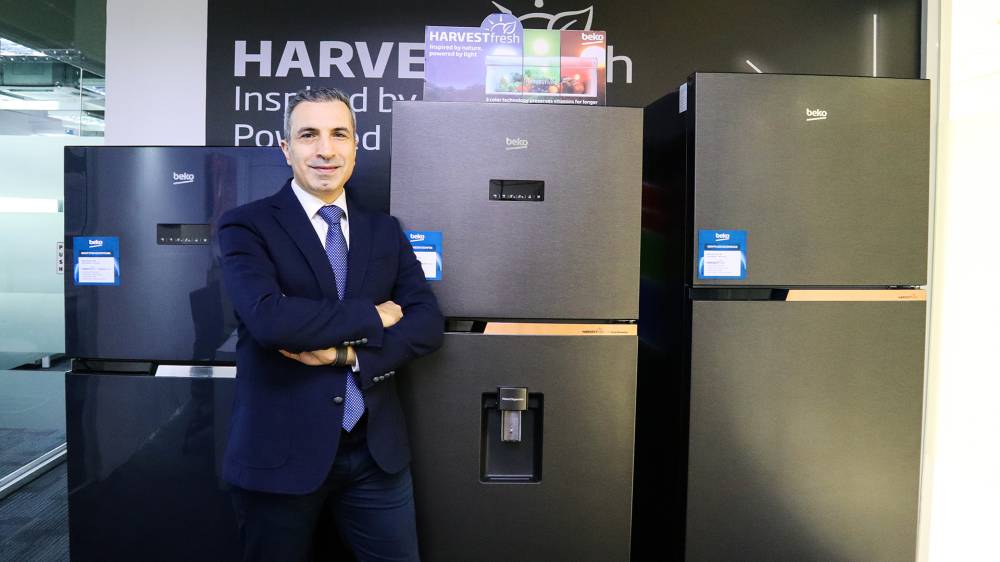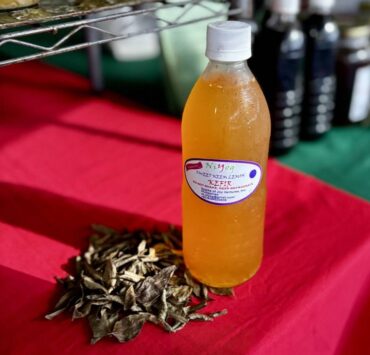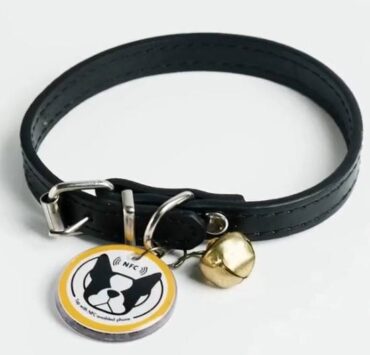Reimagining Pinoy home life with modern solutions

Washing dishes is one of the chores a child learns in grade school. It’s seen as an easy enough task for children to take on as a responsibility within the family. Thus, it is often delegated to the youngest. Some of the lessons parents hope children would learn from the task are handling fragile items, promoting hygiene, being responsible, and serving others.
Many Filipinos grow up comfortable with this task, so much so that it even becomes a lively topic for small talk or Facebook discussions. We talk about which dishwashing soap is the best, how to get rid of greasy residue left on plastic, or when to sterilize with boiling water as if it’s the most interesting topic in the world.
It is also for this reason that having an electronic dishwasher at home is often an unfamiliar concept to most households.
This is one of the challenges Beko’s newly appointed country director, Alper Yildirim, is taking on: how to navigate the unique retail culture of the Philippines and shift perceptions toward accepting more modern solutions.
Beko is a leading appliance brand in Europe. Yildirim’s task is to ensure that the brand grows locally as well.
Its most popular appliance so far is the refrigerator, but Yildirim has already set his sights on expanding the brand’s reach with units that are uncommon in Pinoy households.
“In Asia and in the Philippines, the dishwasher is a niche product, but it has a lot of benefits. We come up with products that are really extremely energy- and water-efficient,” he said. “We are washing the dishes with less than six liters of water, which is impossible to achieve with handwashing.”
If he sees potential in the product, it’s because he studied the region prior to his posting. Yildirim has been in the country since August, and has gone to different cities such as Iloilo, Cebu, and parts of Mindanao to study the market, behavior, competitors, and the needs of consumers. The Turkish director also held offices in Turkey and Norway and oversaw East Europe. Prior to his move here, he served as the country director of Beko in Vietnam for two years and, before that, spent four years in Russia.
Unique needs
His experience has given him knowledge of the unique needs of each country. In Vietnam, he had to deal with consumers who were used to purchasing from retail outlets rather than malls. In comparison, he finds the Philippines more organized in retail. He quickly recognized the islands as a logistical challenge, noting that consumers typically buy smaller items online. However, Filipinos still prefer shopping in malls for bulky purchases. Yildirim hopes they will be able to shift opinions regarding the brand through Beko’s sustainability efforts.
“We have really ambitious plans for the Philippine market. Right now, we are the market leader in Europe,” he said. He added that the company’s acquisition of Whirlpool businesses propelled them to second in the world in terms of home appliance production.
“We want to grow, we want to make sure that all the consumers in the world are supplied with energy- and water-efficient products. Sustainable products that will help their daily lives and not endanger our planet as well,” he told the press who recently gathered in his office at Bonifacio Global City in Taguig.
Yildirim said the Philippines will especially benefit from this. “We are facing the effects of this climate crisis. The number of typhoons we are experiencing and their ferocity are increasing. Plastic waste in the oceans is a big problem. Of course, we cannot do this alone. But we can contribute as a company to help the people in the Philippines.”
Durability
Hence, the push for efficiency in all their products. Durability is one way to lessen the carbon footprint because any item that lasts for a very long time is good for the environment.
Yildirim doesn’t put an exact number on the longevity of Beko products, but he said that when they plan for a product, they see a lifespan of around 10 years. Spare parts will be produced within this timeline.
“But, of course, it depends on the environment it’s used in as well. And, you know, in Southeast Asia, not only in the Philippines, the products are used in a really challenging environment,” he said.
In Europe, he said, washing machines and refrigerators are exclusively indoor appliances, helping extend their shelf life up to 20 years. Such is not the case in the Philippines.
“When we came to Southeast Asia, most of the washing machines were actually placed outside, when we have 30 degrees [Celsius] almost every day and it’s humid and it’s raining. It is not easy, right?” he said.
Thus, the brand is trying to amp up its after-sales service. It will roll out a new app, as well as more technicians accessible through its call centers.
As for the partnership with Hitachi, Yildirim says they are going to introduce more models and products from the brand, with a planned new lineup launch in June.
“Because we know that Hitachi brand awareness in the Philippines is really high, and Filipinos really give Hitachi respect … we are going to introduce a number of outlets where Filipinos can reach Hitachi,” he said.
The process of winning over Filipinos might be slow, but Yildirim prefers to take the right steps in doing so. He added that he has the right team backing him up: a good mix of young talent and experienced staff who can communicate with their consumers. And who knows? Many more Filipinos might find dishwashers an indispensable product for their homes in a few years.

















